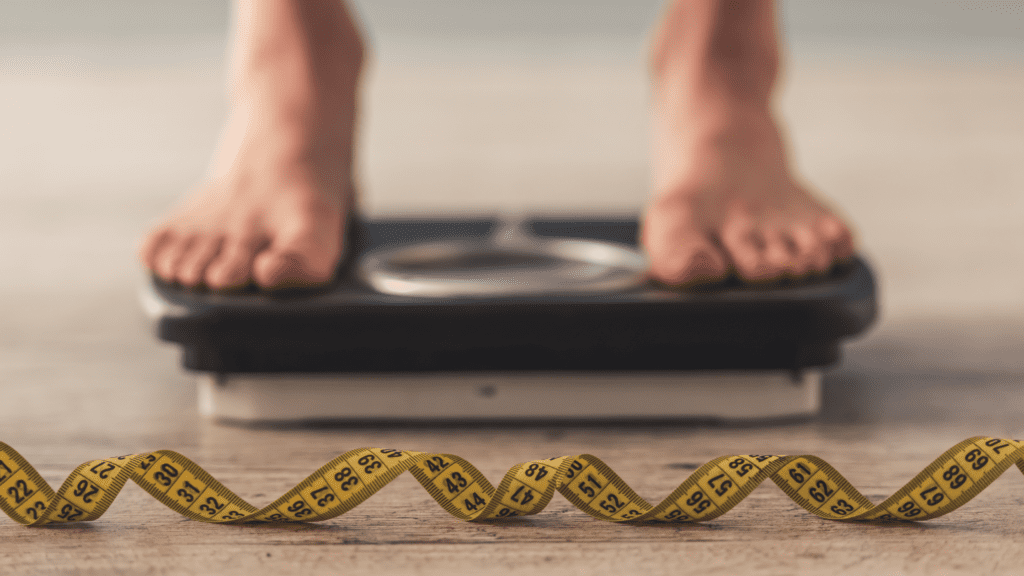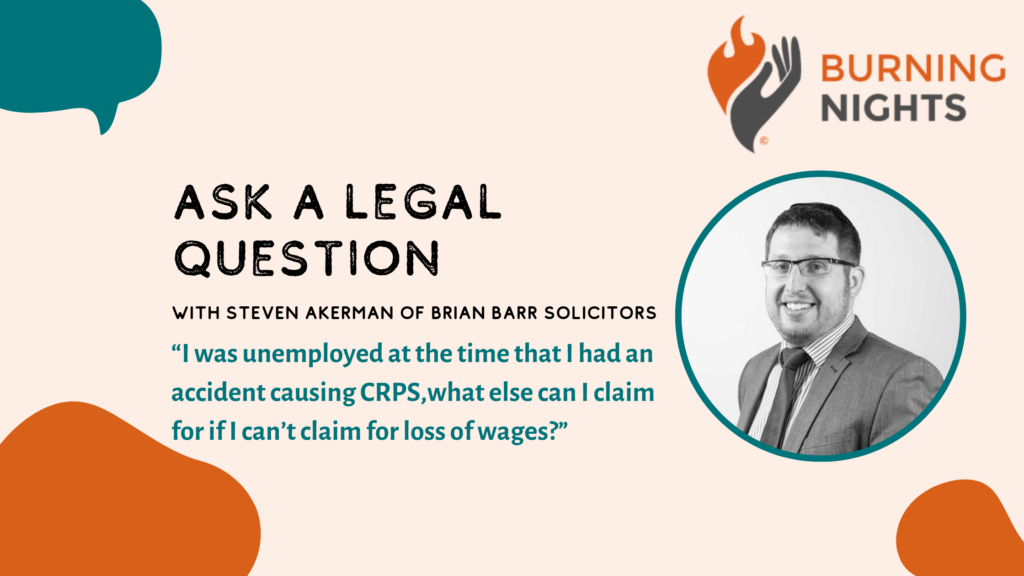The pain and fatigue associated with fibromyalgia can leave you inactive and overweight. It is difficult for many people to feel motivated to exercise at this time of the year when the weather is cold and wet and the nights are dark, and even more so when you are in pain and exhausted. Many people with fibromyalgia find they are more sedentary than they used to be which can lead to a loss of muscle strength and stamina. It can be a difficult cycle to break, however extra weight can lead to more severe fibromyalgia symptoms, therefore it is certainly something that you should be aware of.
What Causes Weight Gain?
Weight gain does not only come from a lack of exercise. Several aspects of fibromyalgia contribute to excess weight, such as:
- When you have fibromyalgia, the appetite-signalling hormone leptin may be out of sync, meaning that inaccurate hunger messages can be sent to the brain, making you eat more, or
- Your thyroid, which regulates metabolism, could be dysfunctional (which in turn can slow the body’s ability to burn calories)
- The condition itself causes a metabolic slowdown
But there are still ways to take control of your weight if you suffer from fibromyalgia.
Good Exercises for Fibromyalgia Sufferers
Due to the pain associated with fibromyalgia, along with chronic fatigue, patients may find exercise and daily physical activity more difficult. This can be a vicious circle as lack of exercise can naturally result in weight gain, which can exacerbate feelings of depression and self-worth.
Research has shown that engaging in aerobic exercise for 20–30 minutes per day a few days per week may help reduce symptoms and fatigue in people with fibromyalgia. Start slowly and gradually increase, and if you are unsure where to begin, speak to a doctor, physio or personal trainer for some advice.
- Walking – low impact exercise is the best type of exercise for people who have fibromyalgia and are new to exercising because it builds general strength and endurance
- Yoga – stretching can help relax tight muscles and ease spasms. Always take time to warm-up and loosen your muscles first in order to help you avoid injury. Yoga can also help with mind-body awareness and some practitioners design workouts specifically for those with chronic pain
- Swimming – swimming is a low impact aerobic workout and exercising in water can improve overall fitness while putting less stress on the body. The water’s buoyancy eases stress on the joints, and in a heated pool, its warmth helps tight muscles relax. The soothing effect of the water may also reduce the perception of pain, helping lower anxiety
- Tai chi – this ancient martial art incorporates stretching and slow movements. As it encourages mind-body awareness, it can help with both the physical and psychological symptoms of fibromyalgia
- Weightlifting – many people with fibromyalgia claim strength training, when done properly, significantly improves their quality of life. It’s important to increase intensity slowly and use light weights to begin with
Exercise can also help with other fibromyalgia symptoms, asides from weight gain, including depression, difficulty concentrating, and sleep problems. A balanced diet and a healthy lifestyle, combined with regular exercise can help alleviate some of the symptoms associated to fibromyalgia, but remember to speak to your doctor before embarking on a new regime.
If you are suffering from fibromyalgia, CRPS, or any chronic pain condition as a result of an accident that was not your fault, and even if you have an existing claim, get in touch with Brian Barr Solicitors to see if we can assist. It is simple and hassle free to move your claim to Brian Barr Solicitors who are experts in dealing with chronic pain litigation. Call us today on 0161 737 9248 or visit our website (www.brianbarr.co.uk) to find out more.
We do not endorse any research, studies or sources mentioned within our blogs and comments. The blog is for information purposes only as we are not medical professionals. We do not endorse any medical advice provided and would strongly recommend anyone seeking medical advice to contact their local healthcare provider before any changes to treatment and / or management of your condition is undertaken.

















